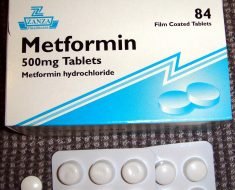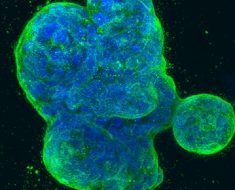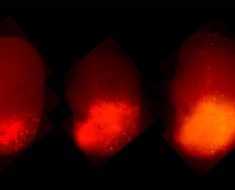The U.S. population is largely unaware that there are shortages in the availability of cancer drugs, according to a study published early online in Cancer, a peer-reviewed journal of the American Cancer Society. Most people surveyed in the study said if they were patients, they would want to know about a substitute therapy that would be given due to a shortage, and most would transfer care to avoid a substitution with major differences from the preferred therapy.
Drug shortages can impair patient care, raise healthcare costs, and hamper clinical trials. Regarding cancer drug shortages, studies have investigated the experiences and opinions of oncologists or examined the economic impact of shortages, but there are sparse data regarding how patients might approach any drug shortages.
To investigate, a team led by Gregory Abel, MD, MPH, and Zachary Frosch, MD, of Dana-Farber Cancer Institute and Brigham and Women’s Hospital, in Boston, administered a 13-item survey to 420 respondents randomly selected from an online sample demographically representative of the adult United States population with respect to gender, age, race-ethnicity, education, geography, and income.
Overall, 16 percent of respondents reported being aware of drug shortages, and respondents with a personal history of cancer were more likely to be aware (31 percent versus 14 percent). Most survey respondents reported that if they were patients, they would want to be informed about a substitution due to a shortage: 87 percent and 82 percent for major or minor differences in efficacy, and 87 percent and 83 percent for major or minor differences in side effects. Most also reported that they would transfer care to avoid a substitution with major differences from the preferred therapy: 72 percent for major differences in efficacy, and 61 percent for major differences in side effects. Black respondents, the uninsured, the unemployed, those with lower income, and the less well-educated were all less likely to report that they would transfer care to avoid major differences in efficacy.
“It can be stressful for patients with cancer to learn that their care may be impacted by drug shortages, but it’s important for oncologists to engage patients in these discussions,” said Dr. Frosch. “Our data suggest that people expect disclosure of shortages as part of the caregiving process.”
Source: Read Full Article





